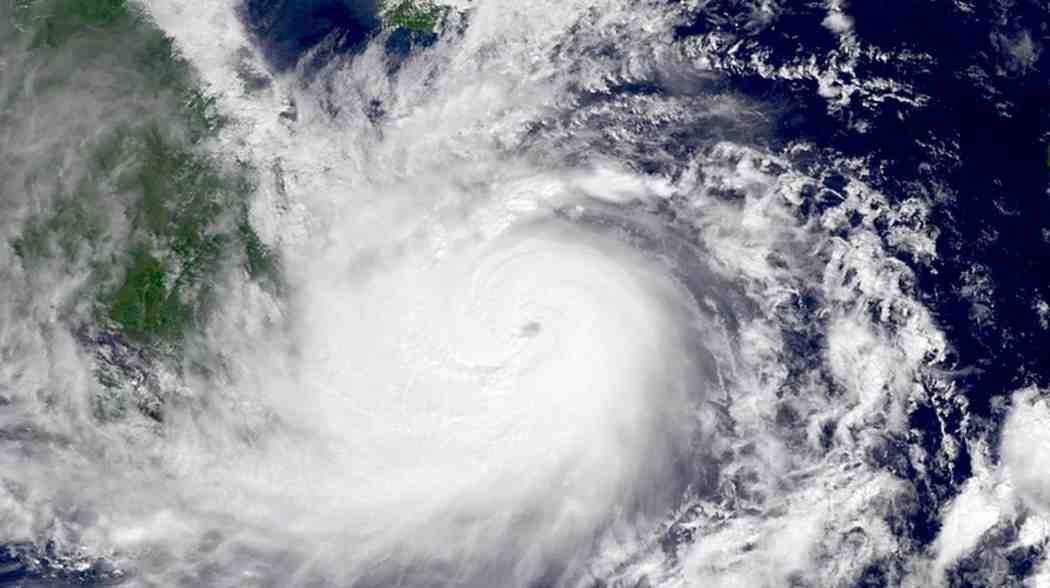Taiwan is reeling under the impact of Tropical Storm Fung-wong, which brought record-breaking rainfall, widespread flooding, and mass evacuations across several regions on Tuesday. Although the storm weakened from typhoon strength as it approached land, its slow movement and intense rain bands caused significant damage, particularly in eastern Taiwan’s Yilan and Hualien counties.
According to Taiwan’s Central Weather Administration, Suao Township in Hualien recorded nearly 648 millimeters (about 25 inches) of rain within 24 hours — one of the heaviest downpours seen this year. The extreme weather prompted more than 8,300 residents to evacuate from flood-prone areas as rivers overflowed and landslide warnings were issued across the mountainous regions.
The government temporarily suspended schools and offices in several cities, while transportation networks faced severe disruptions. Rail operators, including the Taiwan High Speed Rail Corporation and Taiwan Railways Administration, canceled or rescheduled multiple services due to track flooding and debris. Power outages were also reported in some rural communities as strong winds brought down electrical lines.
Authorities emphasized that the danger was not over, warning that continued rainfall could trigger additional landslides in central and southern Taiwan. Premier Cho Jung-tai urged local governments to remain on high alert, stating that “the safety of residents remains the top priority” as rescue teams work around the clock in affected areas.
Meteorologists noted that Fung-wong’s heavy rainfall pattern aligns with increasingly volatile weather trends linked to climate change, which have intensified Taiwan’s exposure to severe storms and flooding. Environmental experts called for stronger urban drainage systems and disaster preparedness as the island braces for future extreme weather events.
Despite the damage, early evacuation measures and robust disaster response protocols have helped minimize casualties so far. As cleanup operations continue, officials are urging residents to stay informed and avoid unnecessary travel until conditions improve.

